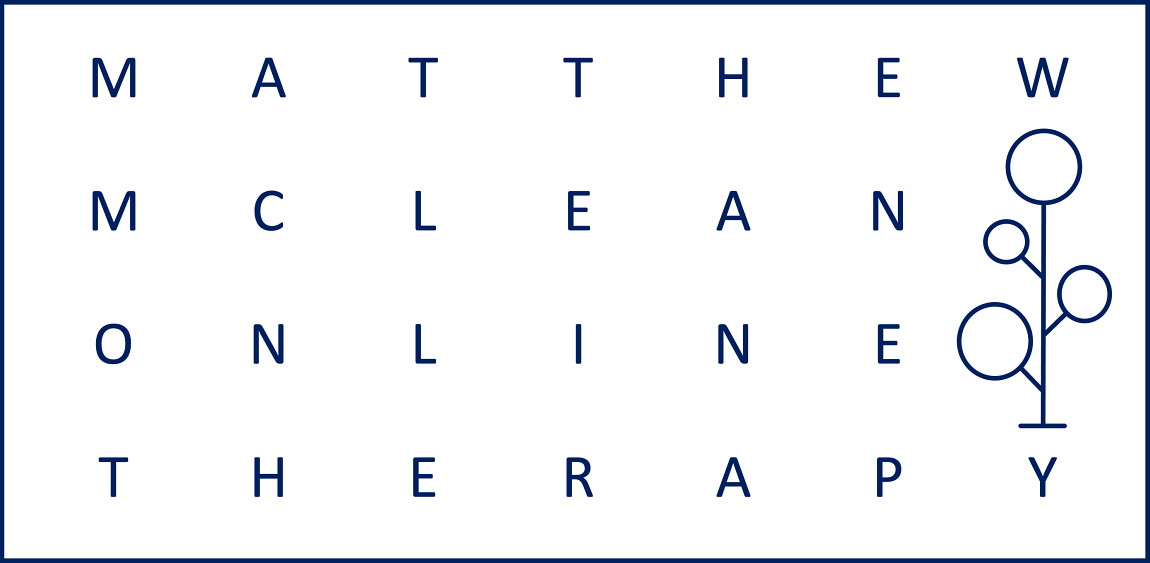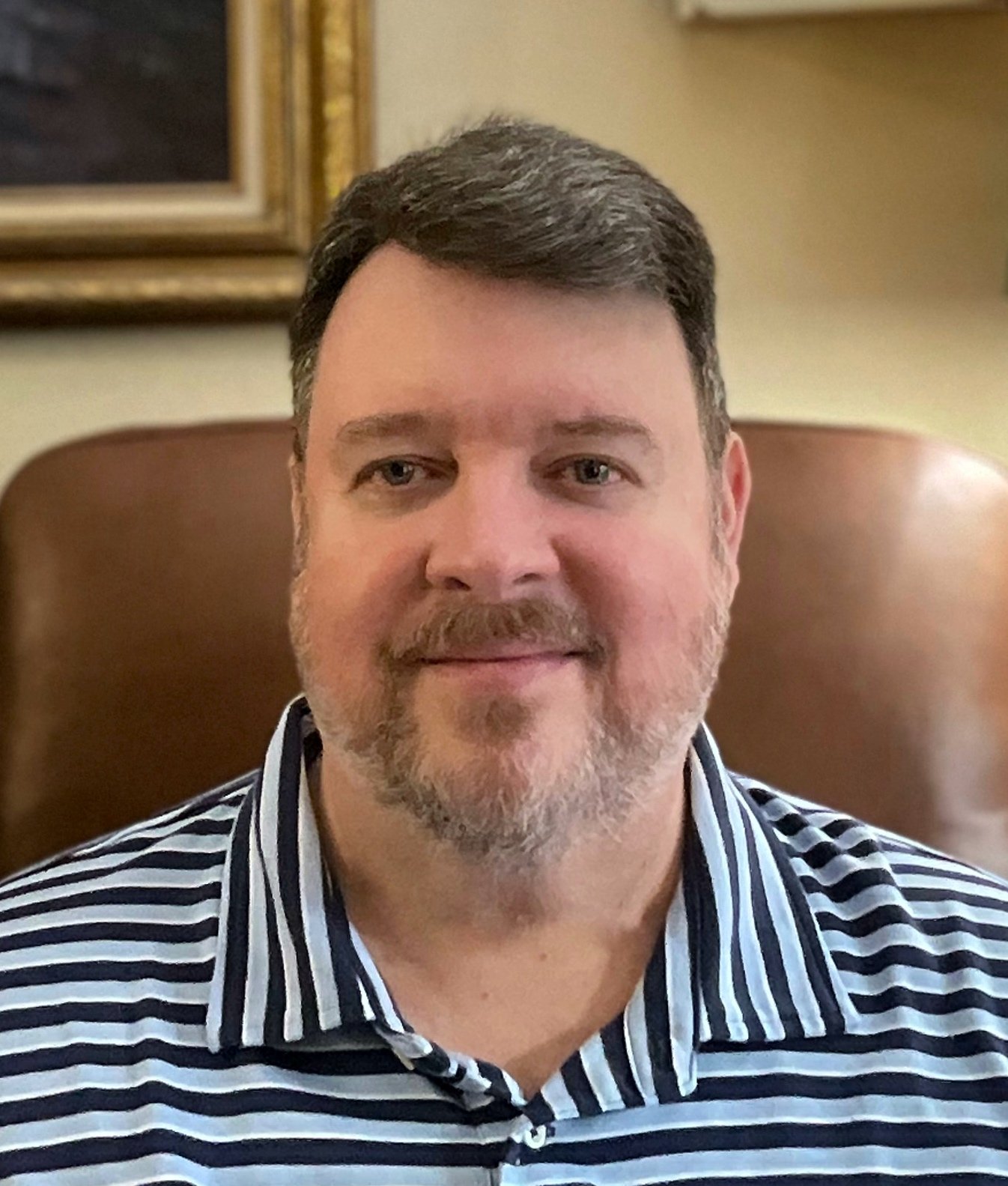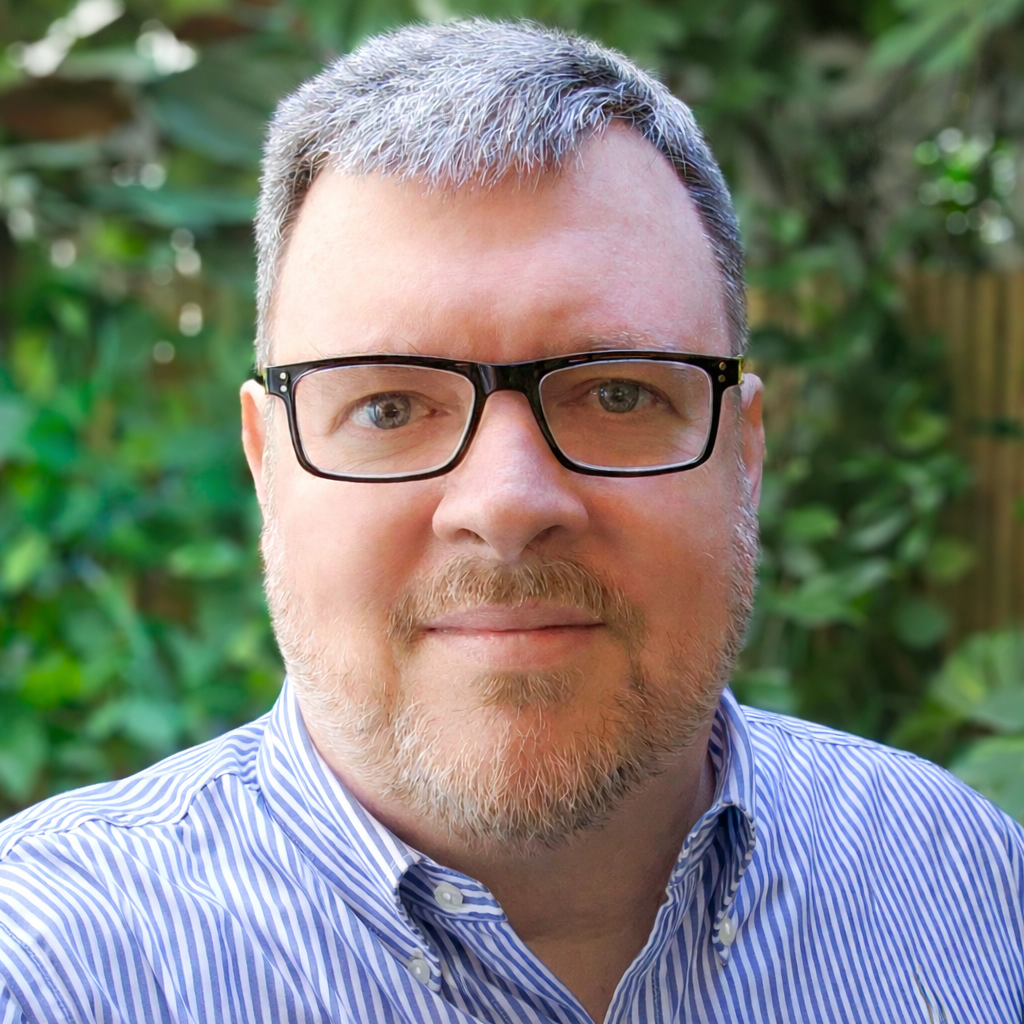Who is this guy?
Hi there! Thank you for your interest in me and in the art of therapy. I hope the information here will answer some of your questions. If something you want to know is not addressed here, please check the FAQ page and feel free to call or email me and ask away.
I work with clients from all over California via Telehealth. My private practice is based in the Los Angeles area, and I am also a staff LMFT at Change Within Reach, Inc.
Employing a combination of Solution-Focused, Narrative, and Collaborative Language Systems therapies, I work with adults to help them understand and address areas of their lives in which they struggle, or which they would like to change. Together, we will work to understand what is holding you back from living the life you really want.
I specialize in resilience.
I have been asked what therapists know that the rest of the world does not: how do we help people unlock the secrets of happiness? My philosophy is simple: the answers to what brings you to therapy are already within you. You just need help finding them. Think of me as helping you unpack boxes, figuring out what is important and what isn’t, and perhaps think of a few things you wish were in those boxes.
I am specifically trained to help you identify things you may not recognize are holding you back--often in ways you might never imagine. I believe you are the expert on you, and my role is to help you find understanding enabling you to realize the changes and growth you wish for. We will do this together, and on your terms. Fundamental to the principals of Collaborative Language Systems therapy is the idea that therapy is a collaborative process, one we engage in together. I am honored to be in your corner.
So where did I get this training? I went to two great schools right here in the Los Angeles area: I hold a Master of Arts in Psychology from Phillips Graduate Institute, where I studied Family Systems Therapy and other approaches.
My concentration (area of specialization) in grad school was on the postmodern Solution-Focused, Narrative, and Collaborative Language Systems therapies, and these make up the core of how I practice today. They integrate well with the Family Systems approach, from which I draw frequently. I also hold a Bachelor's degree in Psychology from California Lutheran University (CLU), where I focused on social learning, identity development, and gender studies. My capstone in my final year at CLU was Positive Psychology.
Much of my research and training has focused on resilience, specifically, overcoming adversity and dealing with challenging life events. Examples include: navigating relationship and family issues, recovering from the end of a relationship or marriage, loss, relocation, or other adverse circumstance, and addressing issues which affect one's self-esteem, self-confidence, and self-image. I also treat anxiety, depression, and adjustment disorders. I have tremendous faith in the human ability to be resilient, and I can help you cultivate this ability--this is the core of my work. My take on the glass half full/empty thing is that the glass is refillable.
What is Collaborative Therapy?
I really like the way Wikipedia describes Collaborative Therapy in their Collaborative Language Systems entry, so I’ll quote directly:
“Unlike traditional psychotherapy, the collaborative therapist plays a more active role in the therapist/patient relationship. As narration is essential to this form of therapy, the therapist constantly invites and facilitates the dialogue in order to sustain a constant exchange of ideas and experience. The therapist’s goal is to gain an understanding of the client’s problems through their narration by attempting to comprehend meaning from the perspective of the client. This process serves as a co-learning experience during which the therapist pays close attention to both what and how things are being said. Any comments or suggestions made by the therapist are used simply as a basis for continued conversation rather than an attempt at guidance or persuasion. The role of a collaborative therapist is to provide a context in which the client can begin to author, edit, and re-edit their own lives through the development and exchange of language. […]The collaborative therapist believes that the open exchange of ideas and continuous dialogue will create opportunities for growth and transformation within the client.”
This approach is effective in terms of uncovering the client’s true interpretation of their thoughts, memories, beliefs, and feelings, and provides ample opportunity to pull interesting threads to see where they lead, which often leads to surprisingly rich, helpful discussion. This approach feels very comfortable and natural for the client, more like a conversation, and less like a interview filled with clinical directives.
I truly love what I do. I believe I have the greatest job in the world--I get to help people improve their lives and create their own happiness. I cannot imagine doing any other kind of work, and I am completely dedicated to being as helpful as possible in this role. The well-being of the people I work with, and that of humanity at large, is important to me—and that includes you. I am an LGBTQ ally, and I welcome people from all walks of life.
If working together collaboratively sounds like a therapeutic experience you would like to explore, let's talk. Click here to contact me for a free brief consultation.



